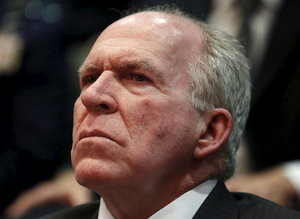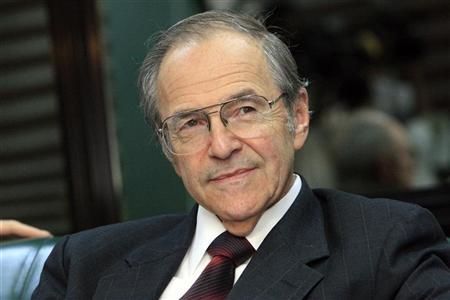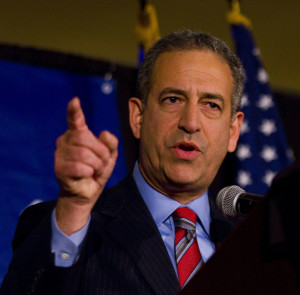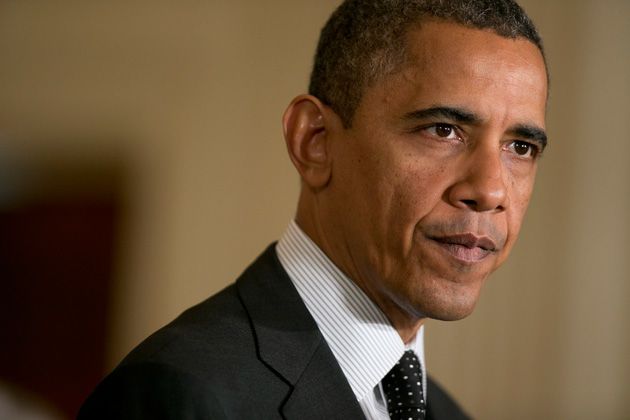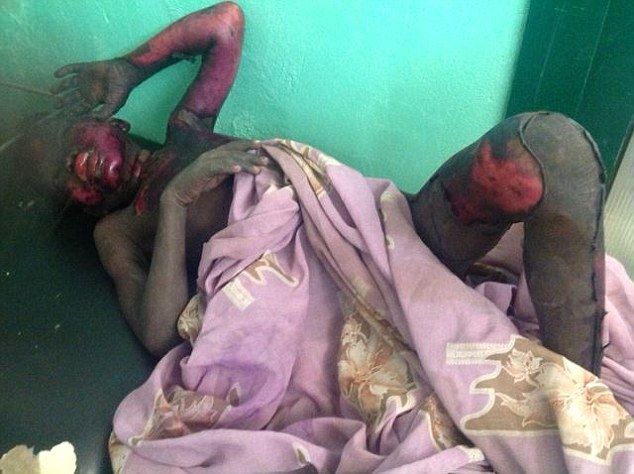The Obama Administration, Counter-terrorism Intelligence, and Khartoum’s National Islamic Front/National Congress Party Regime: A retrospective glance
Eric Reeves | May 14, 2016 | https://wp.me/p45rOG-1To
On June 2, 2011, President Obama’s senior advisor for counter-terrorism—John Brennan, deputy director of the administration’s National Security Council—traveled to Khartoum, and two other capitals in the region. This was an extraordinarily fraught moment for Sudan: Khartoum had two weeks earlier invaded and militarily seized Abyei after months of well-documented military preparation. Three days after Brennan’s visit the regime’s regular and militia forces would launch widespread attacks in South Kordofan, after again manufacturing a pretext for their actions out of a small armed conflict that was clearly designed to spark the larger confrontation. Violence in South Kordofan in the wake of any seizure of Abyei had long been predicted, and satellite reconnaissance by the Satellite Sentinel Project made clear that heavy military activity in and near South Kordofan was well underway by late May (see particularly the report of May 26).
Current CIA Director John Brennan: why was the most senior Obama administration counter-terrorism official in Khartoum three days before renewed genocidal conflict began in South Kordofan (June 5, 2011)? There can be no doubt he was well aware of military developments in the region, given American intelligence capabilities.
So why was Brennan in Khartoum? Why was this a moment that called for the senior U.S. official on counter-terrorism? He was in no sense a diplomat, but rather had spent most of his career in the CIA; and until appointed to his position in the Obama administration at the time, he had served as the CEO of a DC-area security consulting business. He could carry no message that could not be carried by Obama’s Special Envoy for Sudan, Princeton Lyman—unless Lyman is not sufficiently in the intelligence community loop. And he could offer no incentive that the Obama administration had not already offered. The only reasonable explanation for Brennan’s presence at this critical moment, despite White House spin, was that U.S. policy was governed not by the overwhelming need to prevent the war that was clearly imminent, but by concerns about U.S. counter-terrorism intelligence-gathering—an attempt to ensure that the U.S. would continue to receive what it had been receiving. This counter-terrorism “intelligence had been unsparingly characterized by Senator Russ Feingold two years earlier (see below).
Princeton Lyman, Obama’s second disastrous selection as Special Envoy for Sudan (the first was Air Force Major General Scott Gration, who had helped Obama with the military during the 2008 election)
Three days after Brennan’s visit, Khartoum began widespread military action in South Kordofan. War continues to this day in South Kordofan, with widespread aerial bombardment of civilians and civilian targets. Hospitals have been repeatedly, deliberated bombed. The destruction of agriculture in the Nuba Mountains has been a particular ambition of Khartoum—an effort to starve the people into submission. The international community has failed over the past five years to secure a lifting of the humanitarian embargo imposed by Khartoum over all areas controlled by the Sudan People’s Liberation Army/Movement-North.
Khartoum’s is a campaign of annihilation; it is yet another genocidal counter-insurgency.
Immediately after the beginning of fighting in early June 2011, the regime soon began to engage in widespread and entirely predictable atrocity crimes. These were authoritatively reported by a UN human rights team that was present in Kadugli (capital of South Kordofan) during June 2011, and by the Satellite Sentinel Project, which released multiple reports with compelling evidence of a number of mass gravesites; together they were capable of holding many thousands of bodies. SSP also obtained first-hand eyewitness accounts of mass gravesites, of precisely the sort that had also been collected by the UN team on the ground.
And yet the Obama administration was not persuaded, or at least refused to acknowledge these grim realities. An expedient skepticism about the mass gravesites was expressed by Lyman in a Washington Post interview, and his unsupported claims about SSP findings were emblematic of efforts to minimize the scale and consequences of Khartoum’s actions in the preceding months. His statements in the Post amounted to deliberate distortion, and again we must ask about motives. Moreover, there was never an acknowledgement or apology by Lyman or the Obama administration, admitting that they had been grossly in error in challenging the findings of SSP, findings directly supported by the UN human rights report assembled on the ground in Kadugli. Ironically, it was a senior Obama administration official, U.S. Ambassador to the United Nations Susan Rice, who released the lengthy UN human rights report, which confirmed all the had been reported by SSP, but denied by the Obama administration.
It is in the context of such consequential dishonesty that we should hear the words of Senator Russ Feingold (May 2009). Feingold was a member of the Senate Intelligence Committee and Chair of the Senate Foreign Relations subcommittee on Africa.
Russ Feingold—the Senate’s last honorable man in speaking about U.S. Sudan policy?
His characterization comports with all others I have received from sources in and out of the U.S. government.
“I take serious issue with the way the report [on international terrorism by the U.S. State Department] overstates the level of cooperation in our counterterrorism relationship with Sudan, a nation which the U.S. classifies as a state sponsor of terrorism. A more accurate assessment is important not only for effectively countering terrorism in the region, but as part of a review of our overall policy toward Sudan, including U.S. pressure to address the ongoing crisis in Darfur and maintain the fragile peace between the North and the South.” (emphasis added) (Statement by Senator Russell Feingold, Chair of the Africa Subcommittee of the Senate Foreign Relations Committee and member of the Senate Intelligence Committee, May 1, 2009)
Former Senator and then President Barack Obama was not listening.
President Barack Obama, who campaigned on a promise that he would not turn his eyes away from slaughter in Sudan
[This brief piece is an excerpt that was part of a much longer analysis of Obama administration Sudan policy: “What Really Animates the Obama Administration’s Sudan Policy?” 10 October 2011 | http://sudanreeves.org/2011/10/10/what-really-animates-the-obama-administrations-sudan-policy/ ]
Part of the slaughter in the Nuba Mountains, of the sort candidate Obama promised he would not turn his eyes from—look closely now, Mr. President
[See also “Obama’s Second ‘Rwanda Moment,’” June 13, 2011 | http://sudanreeves.org/2011/06/13/obamas-second-rwanda-moment/ ]
